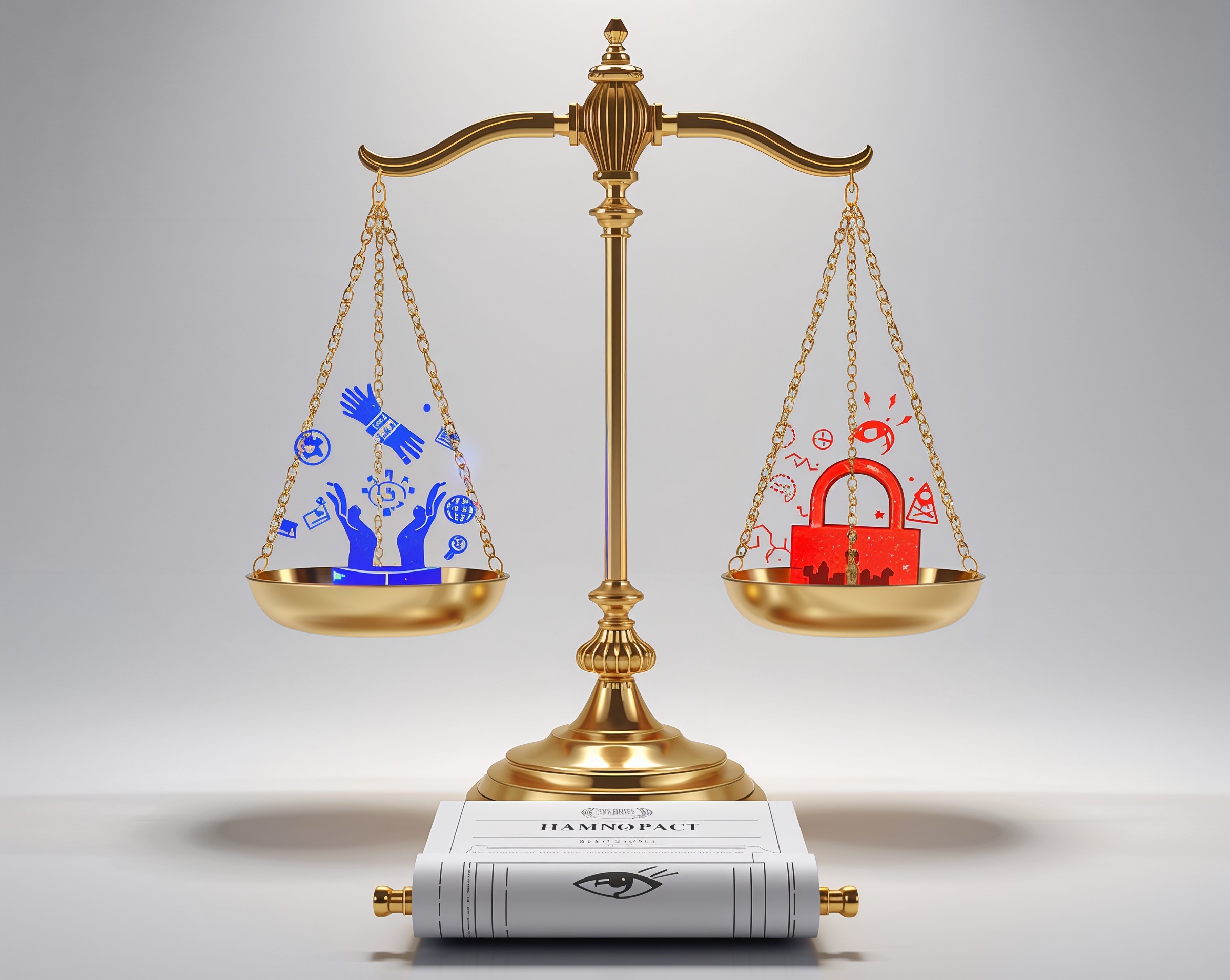In a decisive move for global cyber governance, the United Nations (UN) has scheduled the signing of its first comprehensive cybercrime treaty in Hanoi, Vietnam. The agreement once ratified by at least 40 states promises to accelerate investigation of cross-border offences such as ransomware, phishing and online trafficking. Meanwhile, cyber-defense experts view this initiative as a necessary coordination upgrade. However, civil-liberties groups and industry stakeholders caution the pact may obscure the boundary between legitimate law-enforcement cooperation and state surveillance.
Global Cybercrime Cooperation: Why It’s Urgent
Cybercriminal networks operate across borders, evade jurisdiction and exploit fragmented regulatory regimes. Estimates place the global cost of cybercrime in the trillions of dollars annually. The treaty is intended to close key gaps: standardising mutual legal assistance, enabling rapid evidence-sharing and aligning domestic legislation across signatories. For nations facing sophisticated ransomware campaigns, this represents a strategic shift in posture. The UN’s justification emphasises the need for “faster and more effective responses” to escalating cyber threats.
What the Treaty Packages Together
The convention covers a wide swath of offences: illicit access, data interference, system interference, phishing, ransomware, online trafficking and content-related offences. According to the United Nations Office on Drugs and Crime (UNODC), it also includes essential safeguards: refusals of cooperation requests that conflict with international human-rights law. Yet defenders of digital rights argue the language remains overly broad.
Vietnam’s Role and Reputation
Vietnam’s selection as host has drawn scrutiny. The country was cited by the U.S. State Department for “significant human-rights issues,” including online-speech restrictions and arrests of critics posting on social media. Hosting this treaty signing elevates Hanoi’s international cyber posture even as rights-advocacy organisations question the optics.
Surveillance Risks vs. Cyber Defense Gains
Major industry groups including the Cybersecurity Tech Accord (which counts companies such as Meta and Microsoft among its members label the treaty a “surveillance treaty.” They argue that vague terms like “content-related crime” could enable broad data-sharing and prosecution of ethical hackers or dissenters. The UNODC maintains the convention encourages states to permit legitimate research, but critics note this wording is non-binding and subject to national interpretation.
From Signing to Enforcement
Signing the treaty represents an important step, but implementation will determine its real impact. Each state must ratify the treaty domestically and often pass enabling legislation. Analysts warn that enforcement will vary widely: some democracies may adopt narrow definitions while others adopt expansive laws. The convergence between cyber-defense and law-enforcement creates tension: will the treaty advance threat mitigation or enable state overreach?
What Cybersecurity Professionals Should Monitor
For cyber-defense teams, several signals matter: which major states sign (notably the U.S.), how definitions such as “cyber sabotage” are translated into domestic law, what mutual-assistance mechanisms are activated, and whether ethical-hacker exemptions hold up. Also critical: whether the treaty supports frameworks that share indicators-of-compromise or real-time attack intelligence between jurisdictions. Implementation transparency will reveal whether this treaty fosters collaboration or ceding of autonomy.
The UN’s cybercrime treaty set to be signed in Hanoi marks a major strategic inflection in global cyber governance. Yet its ultimate legacy lies not in the ceremony but in how states interpret, adopt and apply its terms. For defenders of digital systems, this moment offers both the promise of better coordination against cybercrime and the caution of loosening oversight around surveillance. The balance between security and rights remains the defining metric.
FAQs
Q1: When does the treaty take effect?
The convention will become binding once at least 40 states ratify it, though signature at Hanoi marks the beginning of that process.
Q2: Does the treaty criminalise ethical hacking?
While the treaty encourages states to permit legitimate security research, critics warn its broad language could leave “white-hat” activities at risk of prosecution.
Q3: Will the United States sign the treaty?
The U.S. has not confirmed attendance or signature; internal policy divisions between national-security and privacy stakeholders persist.
Q4: What safeguards are included?
The UNODC states the treaty allows signatories to reject cooperation requests that violate international human-rights law; however, these protections are implementation-dependent.
Q5: Why is Vietnam hosting the treaty signing?
Vietnam views the event as part of its ambition to build international partnerships and bolster domestic cyber-defense capabilities, though human-rights organisations question the symbolism.










